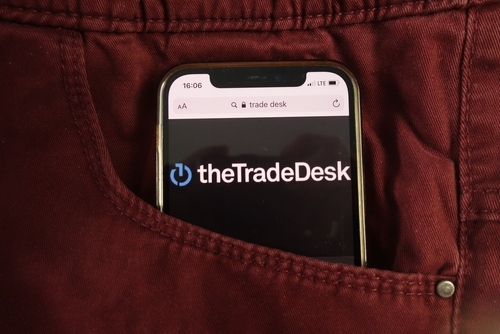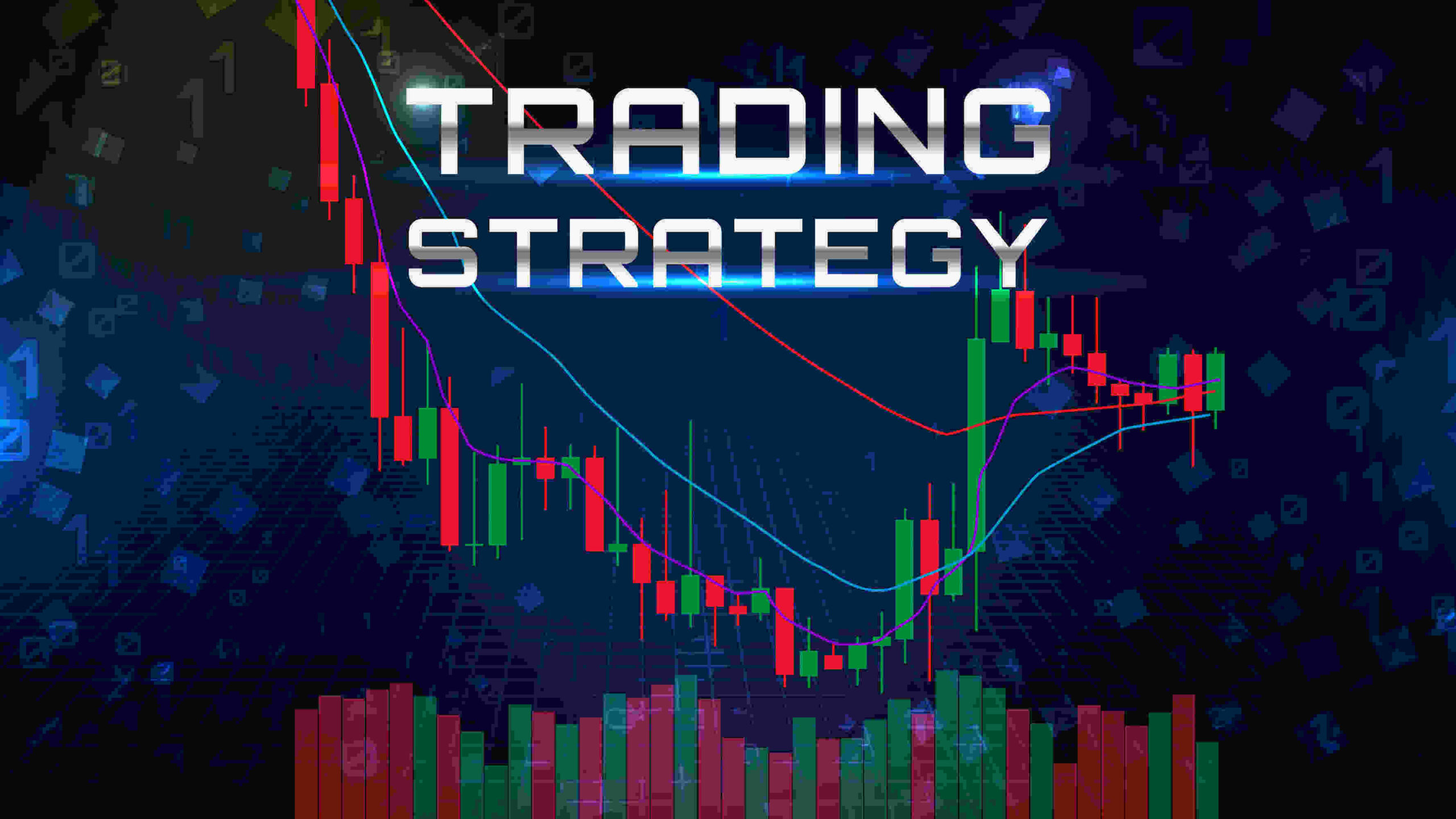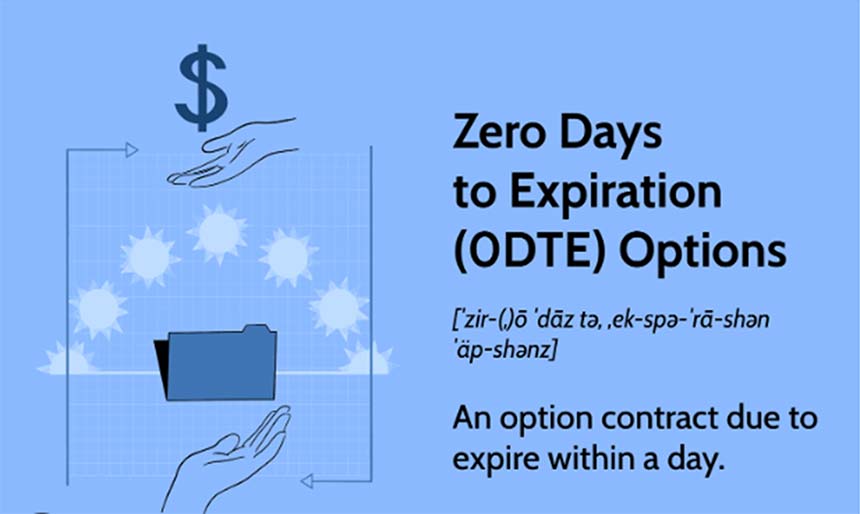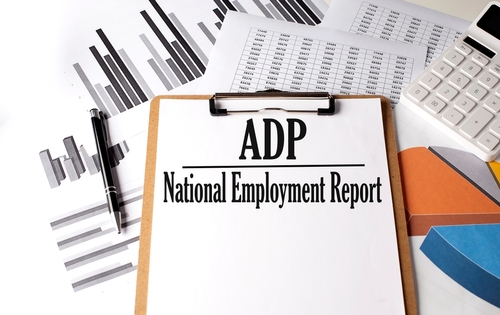The “El Cheapo” Way to Play Earnings!
It’s earnings season again, and this one’s going to be a doozy.
The banks are up first.
Usually you play earnings using options strategies that define your outcome based on a quick and large move in one direction or the other.
But what if that move does not happen?
What if that move is muted?
Well, you will usually lose your premium completely because the risk premium that inflated the option in the face of earnings will fizzle quickly.
That’s not optimal.
But there is another way to play earnings – one that lets you take advantage of that risk premium by selling the risk against another position.
It’s a strategy that gives you the chance at a big gain – and gives you enough time for that gain to occur.
In this market, we have seen reversals happen from one week to the next.
I have been playing these moves using calendar spreads.
With a calendar spread, you are BUYING TO OPEN and SELLING TO OPEN at the same strike price – but with different EXPIRATION dates.
With this strategy, you are taking advantage of time value and time erosion.
For example, let’s say you want to play Citigroup (NYSE: C) earnings today, but you are not sure whether they will come in strong or weak.
And you don’t know whether analysts will downgrade or upgrade the company post-earnings, but you think it could move higher at some point in the days after it releases its numbers.
You would SELL TO OPEN the Citigroup July $47 calls expiring tomorrow, July 15, and buy the $47 calls expiring next Friday, July 22.
What you are doing here is betting that Citigroup will not go over $47 by expiration tomorrow. As long as it doesn’t, the July 15 $47 calls that expire will expire worthless, allowing you to be in the July 22 $47 calls free and clear.
This will allow you to sell more options to reduce your cost further. So what if Citigroup moves above $47 before expiration tomorrow?
Here’s the beauty of the calendar spread. Since you have more than a week MORE time on the July 22 calls than on the July 15 calls, the July 22 calls will always be worth more. And that means you will still profit even if the share price goes higher than the strike price since the July 15 options will lose time value faster than the July 22 options.
A calendar spread will also reduce your cost significantly compared with other options strategies that focus on earnings. But the upside is also limited as a result of having less money at risk.
In this type of market – where using your capital wisely is paramount – a calendar spread may just be the ticket for you!
Action Plan: We took double-digit gains on the SPDR S&P Biotech ETF (NYSE: XBI) in The War Room this week, using the calendar spread strategy I discussed above!
More from Trade of the Day
The No. 1 Insider Stock for 2024?
Jul 26, 2024
Why I’m Buying This 3-month Trigger Catalyst
Jul 24, 2024
Jul 23, 2024

























